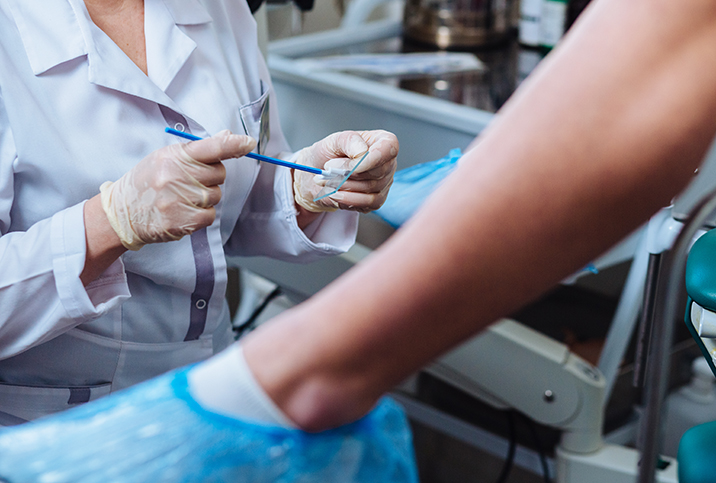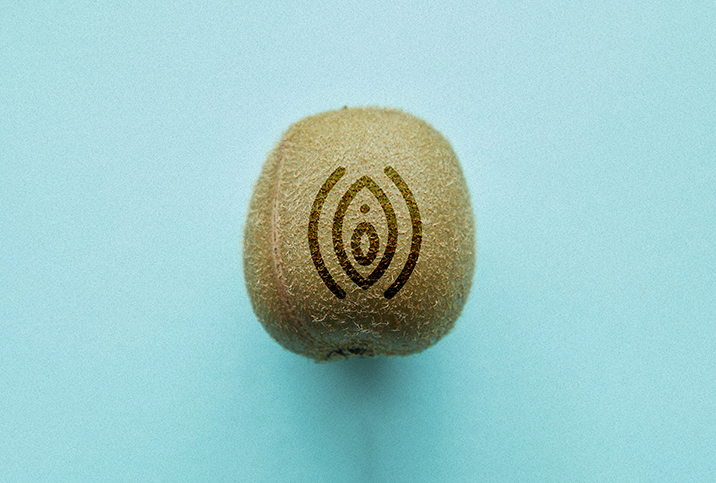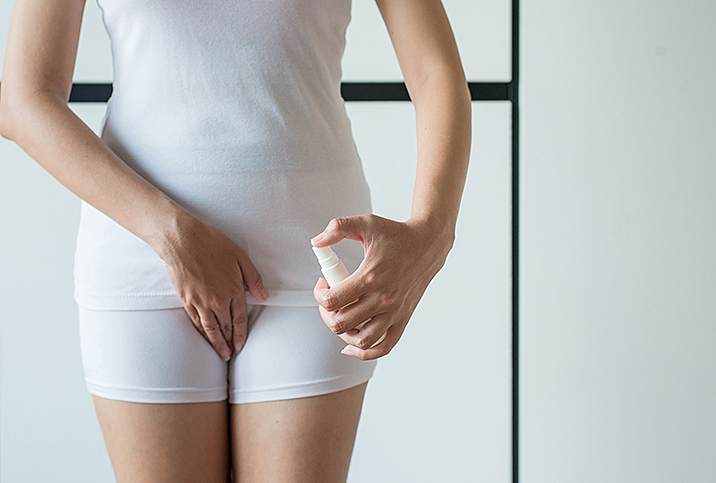Untreated Vaginitis Can Lead to Worse Infections

Vaginitis is inflammation of the vagina that can cause itchiness, abnormal discharge and pain. It's estimated that one-third of all women will get vaginitis at some point in their life, which is mainly caused by an imbalance of yeast or bacteria in the vagina. While most women will recover quickly from vaginitis, it can sometimes cause worse infections, especially if it's left untreated.
What infections can vaginitis cause?
Infections can lead to more serious health problems, including pelvic inflammatory disease. Below are the most common types of infections caused by vaginitis.
Yeast infections
Yeast infections happen when a fungus called candida overgrows in the vagina and causes an infection. Candida will overgrow if the bacteria that normally keeps it in check becomes affected in some way, which can happen if someone takes antibiotics, becomes pregnant or has a weakened immune system.
Trichomoniasis vaginitis
This is a type of sexually transmitted infection (STI) caused by the protozoa called Trichomonas vaginitis. Trichomoniasis can increase the probability of a woman getting and spreading sexually transmitted diseases (STDs). If left untreated, it can also cause pelvic inflammatory disease and preterm labor and delivery.
Bacterial vaginosis (BV)
Bacterial vaginosis happens when there's too much of one type of bacteria in the vagina. According to the Centers for Disease Control and Prevention (CDC), BV is the most common vaginal condition among women ages 15 to 44.
Bacterial vaginosis can increase a woman's risk of getting pelvic inflammatory disease and of experiencing preterm labor and birth. Pelvic inflammatory disease is a serious condition that can cause infertility if it isn't managed properly. This is why it's so important to seek treatment if you believe you have vaginitis of any kind.
Noninfectious vaginitis
Some women will get noninfectious vaginitis, which happens when the vagina gets irritated by soaps, perfumes, spermicides, douches, detergents or vaginal sprays. While it's possible for these irritants to upset the balance of yeast and good bacteria in the vagina, in most cases any itching, burning, pain or discharge goes away after the irritant is identified and removed.
How to avoid getting an infection from vaginitis
If you have vaginitis, there are certain things you can do to decrease your probability of it turning into a serious infection. It's really important to treat any inflammation you notice in your vagina as soon as you can to help prevent a full-blown infection.
One of the best ways to avoid bacterial vaginosis is to stay away from spermicides, douches, vaginal sprays and other potential irritants. Scented products, including bath bombs, tampons and pads, can also disrupt the delicate balance of bacteria in the vagina and lead to an infection.
To prevent viral vaginitis and trichomoniasis vaginitis, which are sexually transmitted, use condoms during sex and make sure your sexual partner doesn't have any STDs or STIs before you have sex with them. If you do end up having unprotected sex, be sure to keep an eye out for signs of infection such as burning, itching, pain or unusual discharge.
You can help prevent a yeast infection by keeping your immune system healthy, peeing after sex, wiping front to back and keeping your genital area clean and dry. These things will help, but sometimes yeast infections can't be avoided if you're taking antibiotics or are pregnant. If you have symptoms of a yeast infection, seeking treatment immediately is the best way to get rid of the infection as quickly as possible.
If you've done all you can to prevent infection but still end up getting one of the different types of vaginitis, then try not to stress too much. Yes, vaginitis can cause infections and additional health problems, but if you seek medical treatment as soon as you have signs of an infection, you can greatly reduce your chances of the infection becoming problematic.


















